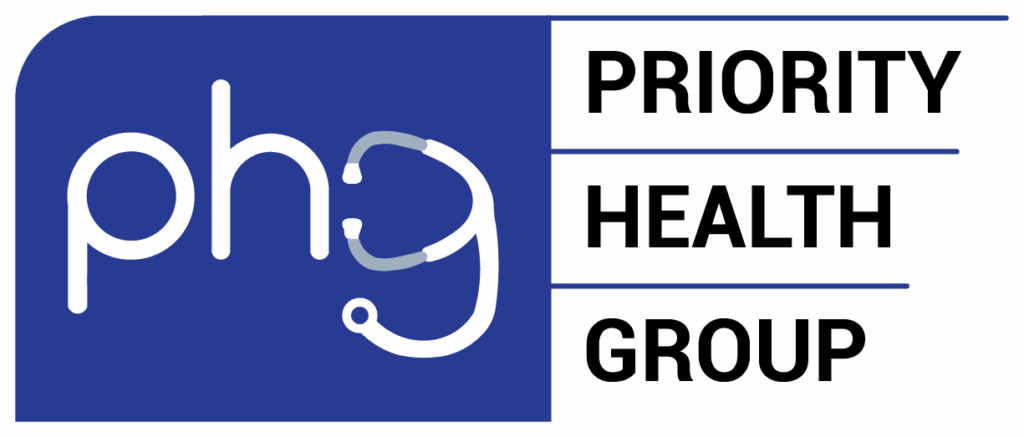Diabetes Management
More than 29 million Americans have diabetes, a condition in which the body has trouble producing — or stops producing — the hormone insulin. Insulin regulates blood sugar levels. For those suffering from either type 1 or type 2 diabetes, controlling blood sugar levels is paramount. Board-certified internal medicine specialist providers, Priority Health Group in Las Vegas, Nevada has extensive experience in helping patients do just that. Call the office or use the online tool to make an appointment to take charge of your health.
Diabetes Management Program Q & A
What are the types of diabetes?
Type 1 diabetes is an autoimmune condition in which your body does not produce any insulin. Type 2 diabetes, which is far more common, is diagnosed when your body doesn’t produce enough insulin or your body doesn’t use the insulin you do produce in a normal way. Gestational diabetes has similar characteristics as type 2 diabetes but occurs during pregnancy.
Prior to being diagnosed with full-blown diabetes, you may be cautioned that you have “prediabetes.” This means your blood sugar is higher than normal, but not quite at the levels to be diagnosed as diabetic.
What are the symptoms of diabetes?
Type 1 diabetes symptoms usually come on quickly and are severe. With type 2 diabetes, the symptoms usually develop gradually.
The symptoms of both types of diabetes include:
- Extreme thirst and increased urination
- Increased appetite
- Fatigue
- Blurred vision
- Dry, itchy skin
Why do I need to manage blood sugar levels?
With time, high blood sugar can lead to serious health complications. These include:
- Eye damage
- Kidney failure
- Nerve issues
- Heart disease and stroke
Gestational diabetes can cause the baby’s blood sugar to be high in the womb, so that the infant grows too big, making delivery difficult. The baby may also have complications after birth, such as low blood sugar or breathing problems.
Who is at risk of developing diabetes?
The cause of type 1 diabetes is often unknown, but it’s a lifelong illness that usually has a genetic component or resulted from damage to your pancreas from a disease or illness.
Having certain characteristics can increase your risk of developing type 2 diabetes, such as:
- Being overweight
- Having a sedentary lifestyle
- Getting older
- High blood pressure
- High triglycerides or low HDL (good cholesterol) levels
- Family history of type 2 diabetes
- Personal history of gestational diabetes
- Polycystic ovary syndrome
It’s important to come in regularly to see one of our providers if you’re at risk of diabetes to get checked out. Research says that as many as one in three adults has prediabetes, but 90% of them don’t know it.
How is diabetes managed?
People with type 1 diabetes must administer insulin daily to keep their blood sugar levels under control. In people with type 2 diabetes, lifestyle habits and medication can manage blood sugar levels.
All types of diabetes respond well to thoughtful eating in which you avoid processed carbohydrates and simple sugars. PHG can steer you to the types of foods that support good health, specifically fresh vegetables, proteins, fruits, whole grains, and dairy.
Increasing your levels of physical activity can also help you lose weight and naturally be better at producing and using any insulin your body makes to maintain healthy blood sugar levels.


